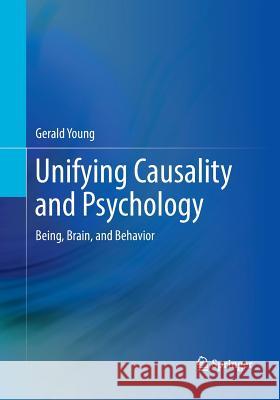Unifying Causality and Psychology: Being, Brain, and Behavior » książka
topmenu
Unifying Causality and Psychology: Being, Brain, and Behavior
ISBN-13: 9783319795799 / Angielski / Miękka / 2018 / 950 str.
Kategorie:
Kategorie BISAC:
Wydawca:
Springer
Język:
Angielski
ISBN-13:
9783319795799
Rok wydania:
2018
Wydanie:
Softcover Repri
Ilość stron:
950
Waga:
1.66 kg
Wymiary:
25.4 x 17.78 x 4.93
Oprawa:
Miękka
Wolumenów:
01
Dodatkowe informacje:
Wydanie ilustrowane











